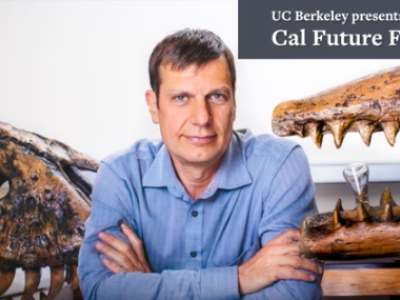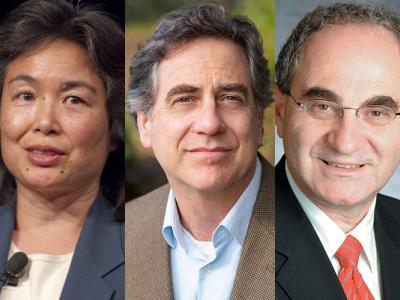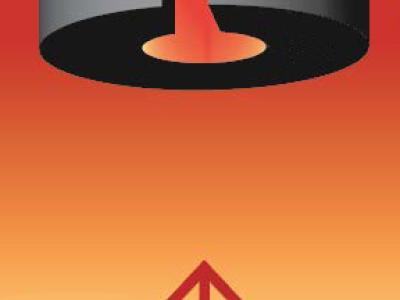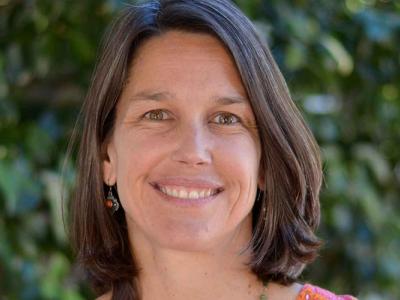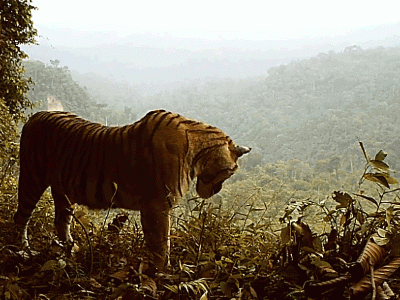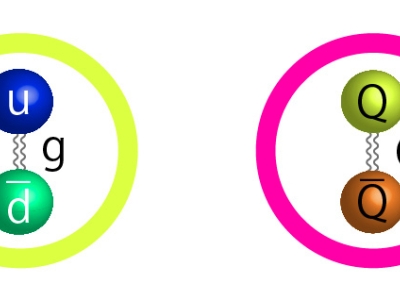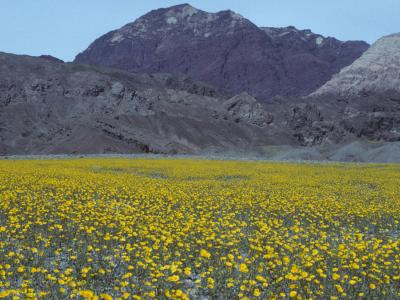Almost one in five older patients with a chronic disease reported experiencing health care discrimination, according the results of a large national survey analyzed by the school of Public Health.
Research News
Learn more about UC Berkeley's researchers and innovators.
Showing 1937 - 1952 of 3520 Results
Can art penetrate the walls that divide us, and make us kinder? A Minneapolis museum, inspired by psychology research, plans to find out.
A $2.2 million state grant has helped UC Berkeley, already a global hub for innovation, to expand its entrepreneurship activities with new facilities, courses and programs, according to an early look at results.
Like swinging a tennis racket during a ball toss to serve an ace, slow and speedy brainwaves during deep sleep must sync up at exactly the right moment to hit the save button on new memories, according to new research.
The National Endowment for the Humanities today announced $12.8 million in financial support for humanities research across the country.
Two California laws will significantly boost retirement income security for low-income workers and may help them avoid poverty in retirement.
The planet is experiencing an unparalleled increase in greenhouse gas emissions accompanied by soaring population growth and resource extraction – almost all of it occurring within a single lifetime.
A new law took effect in California last year allowing pharmacists to prescribe birth control. But few of the state’s pharmacies are actually offering this service, according to new UC Berkeley research.
Three faculty members – Tsu-Jae King Liu and Eli Yablonovitch of electrical engineering and computer sciences and Daniel Portnoy of molecular and cell biology and public health – have been named fellows of the National Academy of Inventors.
Our physical attraction to hot bodies is real, according to UC Berkeley physicists.
Wireless pioneer to take the reins at a challenging time for research universities
The Berkeley Food Institute and a scientist in the College of Chemistry have received grants from the Foundation for Food and Agriculture Research.
A research expedition tracked endangered tigers through the Sumatran jungles for a year and found tigers are clinging to survival in low density populations.
No place on the planet is truly isolated anymore, which means invasive species travel as easy as humans, hitchhiking on boats and planes with potentially devastating effects on the ecosystems they land in.
The intensive, worldwide search for dark matter has so far failed to find an abundance of dark, massive stars or scads of strange new weakly interacting particles, but a new candidate is slowly gaining followers and observational support.
The first “big data” analysis of California’s native plants, using digitized information from more than 22 herbaria and botanical gardens around the state, provides some surprises about one of the most thoroughly studied and unique areas in the country.






